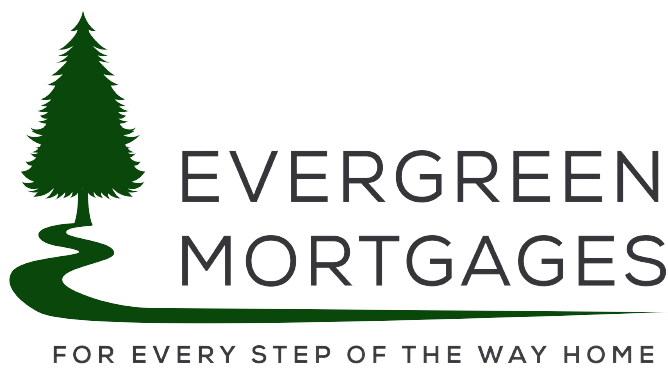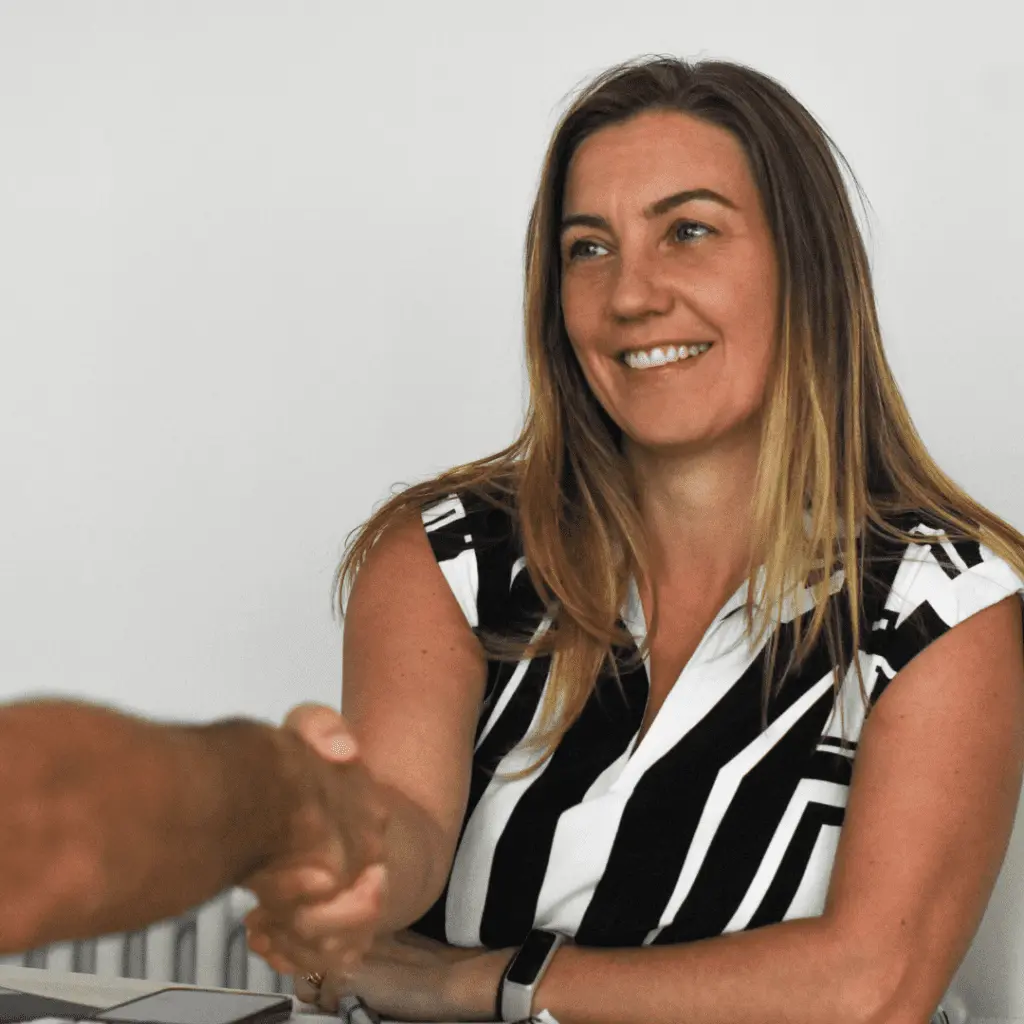Government Schemes: Shared Ownership
The shared ownership scheme is a government scheme offered via Housing associations for first time buyers and next time buyers to buy a share of a property giving access to home ownership with smaller deposits, and alternative affordability rules, to help people with the first or next step on the ladder.
We love what we do.
Things you need to know about this scheme.
Shared ownership is a fantastic scheme into home ownership for first time buyers, single buyers, or those that need to stay in a specific area to be close to certain schools or family. Housing associations offer properties to purchase from their specific housing stock, you will be a part owner of the property and they will be a part owner of the property. Shares in the properties are normally offered at a starting point of 25% (this can start higher). In most properties the housing associations allow you to buy the maximum share that is affordable for you based on their in-house financial assessment. This could be as high as a 75% share. They do not allow you to purchase more than 75% share in the first instance when you buy the home as this scheme is to help people who cannot afford a full standard priced home and if you could own more than 75%, This suggests that you don’t need assistance from this scheme at the time.


Scheme Eligibility
Shared Ownership is only available to households earning an income under specific household income caps. Details of the current household caps and scheme eligibility can be found on the government website for this scheme.
Shared ownership is available to both first-time buyers and next time buyers, however you can only own one home when purchasing on this scheme.
Allocation of properties is usually done via a points based scheme and a financial assessment. Financial assessments are completed by the housing associations recommended mortgage advisers, but you do not have to use their services for your mortgage application. We can help you to ensure your financial eligibility prior to applying and ensure that you pass your financial assessment. The point based allocation varies from property to property and housing association to housing association, but broadly you can receive points per person that will live in the home, for children and additional points are sometimes granted for living or working in the specific area, for familial connections in the area or for key workers.
There are specific mortgage providers for the shared ownership scheme. We can help you to navigate to the correct lenders, ensuring a clear and simple application process.
Shared Ownership
- What deposit do I need on shared ownership?
- Can I buy more shares in my property?
- Can I redecorate if I only own some of the property and can I have pets?
- Can I get a shared ownership mortgage with bad credit?
- Can I get a shared ownership mortgage when I’m self employed?
Shared ownership requires a much smaller deposit than standard property. On a standard home the minimum required deposit is 5%, on a shared ownership property, Generally the deposit required as a minimum is also 5%. However, this is calculated as a percentage of the share of the home you are buying and not a percentage of the whole value of the house.
Yes, in the first instance when you buy the home, you are limited to no more than 75% shares. After all if you could buy more than this you wouldn’t need the scheme.
Once you own there is no time limit or restriction on when you can buy more shares and once you own 100% of the property it is your home in the same way as a standard property would be. This process is called staircasing.
Owning more shares will also reduce the rent you pay the housing association.
Yes, you are an owner of the property, the housing association do not have restrictions over the property like a landlord would, as you are a homeowner.
They do request that you keep the home in a good state of repair but there are no ‘spot checks’. They also ensure buildings insurance is paid on the property by including this as part of your service charges. This is good news for you as a commercial policy is cheaper but you may want your own contents policy, as your personal belongings and contents won’t be covered.
Yes, there are specialist lenders that can assist with this scheme, the interest rates and deposit that you need depends on your personal situation and your credit history.
Yes, see the self-employed pages on this website for more information on how self-employed mortgages are assessed or contact us directly for tailored advice specific to your circumstances.
Shared ownership requires a much smaller deposit than standard property. On a standard home the minimum required deposit is 5%, on a shared ownership property, Generally the deposit required as a minimum is also 5%. However, this is calculated as a percentage of the share of the home you are buying and not a percentage of the whole value of the house.
Yes, in the first instance when you buy the home, you are limited to no more than 75% shares. After all if you could buy more than this you wouldn’t need the scheme.
Once you own there is no time limit or restriction on when you can buy more shares and once you own 100% of the property it is your home in the same way as a standard property would be. This process is called staircasing.
Owning more shares will also reduce the rent you pay the housing association.
Yes, you are an owner of the property, the housing association do not have restrictions over the property like a landlord would, as you are a homeowner.
They do request that you keep the home in a good state of repair but there are no ‘spot checks’. They also ensure buildings insurance is paid on the property by including this as part of your service charges. This is good news for you as a commercial policy is cheaper but you may want your own contents policy, as your personal belongings and contents won’t be covered.
Yes, there are specialist lenders that can assist with this scheme, the interest rates and deposit that you need depends on your personal situation and your credit history.
Yes, see the self-employed pages on this website for more information on how self-employed mortgages are assessed or contact us directly for tailored advice specific to your circumstances.
Shared ownership is a government scheme for first time buyers and next time buyers to take that next step on the ladder, when it might not otherwise be possible due to affordability or limited deposit.
Housing associations offer properties to purchase from their specific housing stock, you will be a part owner of the property and they will be a part owner of the property. Shares are normally offered at a starting point of 25% (this can start higher).
The housing association charges rent on the percentage of the home that they own. This rent is at a set agreed percentage, often in the region of 2.75%, but it does vary from property to property. This means that on the same property, your rent will be higher or lower, depending on the shares that you own. If you own a higher share, your rent is reduced. If you opt for a lower share, the rent is maximised to the housing association.
The housing association also earns income from this scheme through the equity rise of their property stock. You can go back and buy more shares at any stage in your ownership, in most instances to a 100% ownership, which you would then own fully, just like any standard home, but any new shares are purchased at the current market rate of the home through a process called staircasing.
Many people get confused about paying rent and mortgage at the same time. However, this scheme allows you to proceed with a much smaller deposit and due to the way in which the affordability is calculated could allow you to buy a home that would otherwise be out of your price range. The rent that you pay is included in your affordability assessment by the mortgage lender, as if it were a loan ongoing in the background.
Shared ownership requires a much smaller deposit than standard property. On a standard home the minimum required deposit is 5%. On a shared ownership property, normally the deposit required as a minimum is also 5%. However, this is calculated as a percentage of the share of the home you are buying and not a percentage of the whole value of the house.
As an example, on a property of £100,000 on a standard purchase you would need a 5% deposit which would be £5,000. If you were buying a 50% share of the same home, your 5% deposit is calculated on your 50% share of £50,000, this means your deposit is halved to £2,500. To give further example of this a £200,000 home normally requiring a minimum £10,000 deposit on a 25% share would now require a deposit of just £2,500. A home with a full market value of £400,000 would generally require a minimum 5% deposit of £20,000 on the scheme you can buy a 25% share of the same home for £100,000 with a 5% deposit of just £5,000.
Some lenders and housing associations allow you to use the Housing association equity share as your deposit, so no deposit is needed to purchase a shared ownership property.
In areas where property prices are high, some individuals buying alone find that due to maximum income multiples, included within mortgage affordability calculations, they cannot borrow enough to buy a home in their area on their own, regardless of a good income or career. Shared ownership allows you to buy a percentage of the home, staying in the area that you want to stay in. Then, as your circumstances improve through career progression, increases in salary and other changes in personal circumstance, you can then move ahead to buy more of your own home.
Those already in rented accommodation may find it very difficult to put aside additional savings for a deposit on their own home. This scheme allows you to proceed with a lower deposit. Additionally, renters paying rent to the landlord will have no ownership in that property. Depending on the length and type of tenancy agreement, they may have limited security, subject to rental legalities. Shared Ownership gives you the security of home ownership and allows you to utilise some of that money that before was purely rent towards the mortgage and part ownership of the house that you are buying.
Some disadvantages you need to be aware of.
When you own a shared ownership home, you cannot remortgage to access the equity in your share for purposes other than buying more shares in the home. This means that generally you cannot borrow against the home for a new kitchen, a holiday, a car or to consolidate credit cards or other debts, there are sometimes exceptions granted to this but normally they want you to prioritise owning the house fully.
Because any further shares are purchased at the current market value of the home it is generally not advisable, unless you have had prior conversations and agreements with the housing association, to complete any major renovations on the home. For example a Large extension could increase the property value significantly. However, if you only own a 25% share of that property, you will not always be entitled to the full increase in value, despite the fact that you paid for the cost of the full renovation. Any home improvements undertaken whilst you only own a partial share should be carefully considered and discussed with the housing association. Before proceeding, any agreement that you receive from the housing association, you should ensure you have in writing.
Your home can be repossessed if you do not keep up your monthly mortgage payments, and in addition your monthly rental payments to the housing association. Both the mortgage lender and the housing association have the right to repossess the home Should you fall behind on your contractual monthly payments with them. Repossession is usually a last resort, and you should always speak with your housing association and mortgage lender if you are having any difficulties making your payments.
Shared Ownership
Shared ownership is a fantastic way for first time buyers, single buyers, or those that need to stay in a specific area to be close to certain schools or family. Housing associations, offer properties to purchase from their specific housing stock Whereby you will be a part owner of the property and they will be a part owner of the property. Shares are normally offered at a starting point of 25% (this can start higher). However, in most properties allow you to buy the maximum share that is affordable for you based on the housing associations financial assessment. This could be as high as 75% share. They do not allow you to purchase more than 75% share in the first instance when you buy the home as this scheme is to help people who cannot afford a full standard priced home and if you could own more than 75%, This suggests that you don’t need assistance from this scheme at the time.
The housing association charges rent on the percentage of the home that they own. this rent is at a set agreed percentage often in the region of 2.75%, but it does vary from property to property. This means that on the same property, your rent will be higher or lower, depending on the shares that you own. if you own a higher share, your rent is reduced if you opt for a lower share, the rent is maximised to the housing association.
The housing association also earns income from this scheme through the equity rise of their property stock. You can go back and buy more shares at any stage in your ownership, in most instances to a 100% ownership, just like any standard home, but any new shares are purchased at the current market rate of the home through a process called staircasing.
Many people get confused about paying rent and mortgage at the same time. However, this scheme allows you to proceed with a much smaller deposit and due to the way in which the affordability is calculated could allow you to buy a home that would otherwise be out of your price range. The rent that you pay is included in your affordability assessment by the mortgage lender, as if it were a loan ongoing in the background.
What deposit do I need on shared ownership? Shared ownership requires a much smaller deposit than standard property. On a standard home the minimum required deposit is 5%, on a shared ownership property, Generally the deposit required as a minimum is also 5%. However, this is calculated as a percentage of the share of the home you are buying and not a percentage of the whole value of the house.
As an example, on a property of £100,000 on a standard purchase you would need a 5% deposit which would be £5000. If you were buying a 50% share of the same home, your 5% deposit is calculated on your 50% share of £50,000, this means your deposit is halved to £2,500. to give further example of this a £200,000 home normally requiring a minimum £10,000 deposit on a 25% share would now require a deposit of just £2500. A home with a full market value of 400,000 would generally require a minimum 5% deposit of £20,000 on the scheme you can buy a 25% share of the same home for 100,000 with a 5% deposit of just £5000.
Some lenders and housing associations allow you to use the Housing association equity share as your deposit so no deposit is needed to purchase a shared ownership property.
In areas with property prices are high. Some individuals buying alone can find that due to maximum income caps included within mortgage affordability calculations mean that regardless of a good income, the income multiple caps mean they cannot borrow enough to buy a home in their area on their own. Shared ownership allows you to buy a percentage of the home staying in the area that you want to stay in, and as your circumstances improve through career progression, increases in salary and other changes in personal circumstance, you can then move ahead to buy more of your own home.
Those in rented may find it very difficult to put aside additional savings for a deposit on their home. This scheme allows you to proceed with a lower deposit. Additionally, renters paying rent to the landlord will have no ownership in that property, and depending on the length of tenancy Ltd they may have limited security, subject to rental legalities. Shared Ownership gives you the security of home ownership and allows you to utilise some of that money that before was purely rent towards the mortgage and part ownership of the house that you are buying.
Can I get a shared ownership mortgage with bad credit? Yes there are specialist lenders that can assist with this scheme, the interest rates and deposit that you need depends on your personal situation and your credit history.
Some disadvantages you need to be aware of.
When you own a shared ownership home, you cannot remortgage to access the equity in your share for purposes, other than buying more additional shares in the home. This means you cannot borrow against the home for a new kitchen, a holiday, a car or to consolidate credit cards or other debts.
Because any further shares are purchased at the current market value of the home it is generally not advisable, unless you have had prior conversations and agreements with the housing association, to complete any major renovations on the home. For example a Large extension could increase the property value significantly. However, if you only own a 25% share of that property, you will not always be entitled to the full increase in value, despite the fact that you paid for the cost of the full renovation. Any home improvements undertaken whilst you only own a partial share should be carefully considered and discussed with the housing association. Before proceeding, any agreement that you receive from the housing association, you should ensure you have in writing.
Your home can be repossessed if you do not keep up your monthly mortgage payments, and in addition your monthly rental payments to the housing association. Both the mortgage lender and the housing association have the right to repossess the home Should you fall behind on your contractual monthly payments with them. Repossession is usually a last resort, and you should always speak with your housing association and mortgage lender if you are having any difficulties making your payments.
Scheme Eligibility
Shared Ownership is only available to households earning an income under specific household income caps. Details of the current household caps and scheme eligibility can be found on the government website for this scheme.
Shared ownership is available to both first-time buyers and next time buyers, however, you can only own one home when purchasing on this scheme.
Allocation of properties is usually done via a points based scheme and a financial assessment. Financial assessments are completed by the housing associations recommended mortgage advisors but you do not have to use their services for your mortgage application. We can help you to ensure your financial eligibility prior to applying And ensure that you pass your financial assessment. The point based allocation varies from property to property and housing association to housing association, but broadly you can receive points per person that will live in the home, for children, additional points are also often granted for living or working in the specific area, for familial connections in the area or for key workers.
There are specific mortgage providers for the shared ownership scheme. We can help you to navigate to the correct lenders ensuring a stress free application.
FAQs
Your initial conversation would normally take between 15 and 30 minutes depending on how many questions you have about the process. We will run through a quick understanding of the information above and your personal circumstances, to give us an idea of how we can help and discuss through the next steps of owning your new home with you.
Generally the documents that are needed are: proof of ID, proof of address, three months payslips and three months bank statements. For a full list and understanding click here for a more detailed breakdown. When buying on the shared ownership, before you can submit a full application to the lender the housing association will issue a memorandum of sale to confirm your allocation of the property, your shares your are buying and any rent or service charge. Lenders need to confirm this information for affordability.
The documents you need to provide ultimately will depend on your personal circumstances.
After any documents requested have been sent we should be able to provide you with a fully costed recommendation for a mortgage and we will discuss this with you to make sure you understand and are clear on the costs and are happy with these. Provided you are happy to proceed, we will then approach lenders for your initial agreement in principle. This consists of a credit check.
Once you have a clear idea on your budget, have been agreed in principle by a lender for the mortgage amount you need, and you have the savings available for the deposit, you’re now in a strong position to put in an offer on the house that you want to buy. This is normally done via the estate agent.


